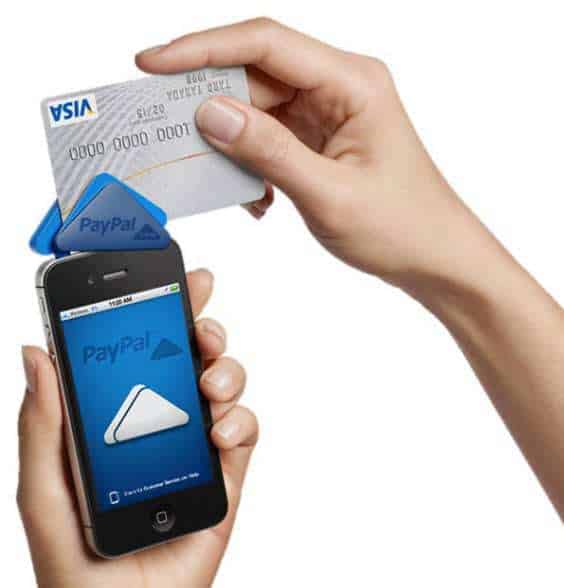 A European version of the smartphone transactions service is now available for small merchants.
A European version of the smartphone transactions service is now available for small merchants.
After much waiting from merchants in Europe, a version of PayPal Here has now been launched to provide them with mobile payments as the company established itself to directly compete with its rivals in the market, such as Square Inc.
This service is now available to small merchants in European countries for smartphone and tablet transactions.
At the same time as the announcement that the mobile payments were moving into Europe, PayPal also unveiled a brand new device for this purpose. The device is about half as big as a typical smartphone and gives small businesses the ability to accept both debit and credit card purchases within the more complex and high security European system that is called Chip and PIN.
The device connects with a merchant’s smartphone to allow mobile payments to be accepted.
The use of the gadget is combined with the PayPall app, which is available both on Android based smartphones and iPhones. PayPal has revealed that the United Kingdom will be the first country in which this is available. It will begin in the U.K. this summer, but the company has stated that other European countries would soon be following.
Although PayPal is currently the largest business for online transactions, it is currently battling with a number of startups that have been heavily funded within the mobile payments sphere. These rivals have been steadily chipping away at the company’s dominant position in the industry.
Square, for instance, was started by Jack Dorsey, one of the co-founders of Twitter. It has already managed to attract thousands of small businesses over the last few years, through the offer of a free card reader that connects to smartphones and allows for credit and debit card transactions for a flat per-transaction fee of 2.75 percent – which is highly competitive.
PayPal launched its mobile payments service as a direct rival within the United States, calling it PayPal Here. It is also available in Australia and Japan, among other countries. Now, it is chasing its way into Europe, where brand new devices had to be developed in order to cater to the Chip and PIN requirements, there.
